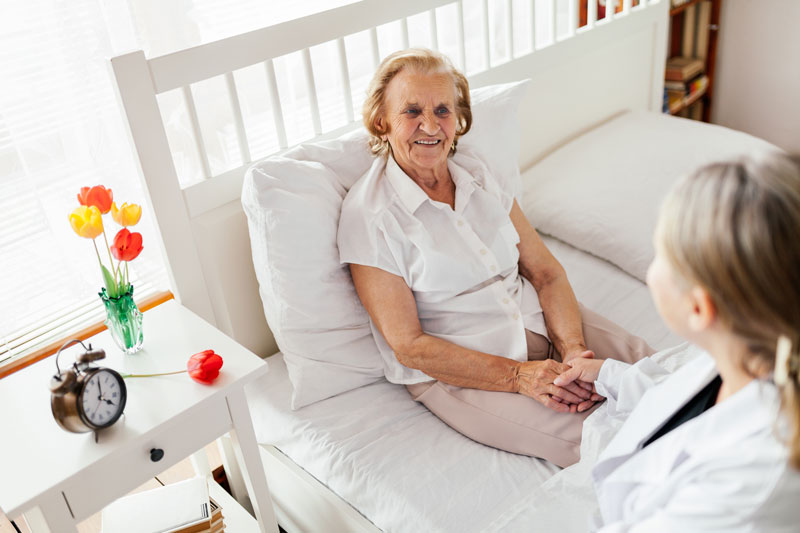According to the CDC, “Elder abuse is an intentional act, or failure to act, by a caregiver or another person in a relationship involving an expectation of trust that causes or creates a risk of harm to an older adult. (An older adult is defined as someone age 60 or older.)”
Sadly, I have seen more than my share of elder abuse in my years as a Registered Nurse, Care Manager and Patient Advocate.
Who commits elder abuse?
The perpetrators are not always the same. In my work I have witnessed the following people committing an act of elder abuse:
-companion, loved one, spouse, sibling, daughter, son, other relative, neighbor, professional caregiver, nurse, doctor, attorney, assisted living facility, memory care unit, skilled nursing home, board and care home, rehabilitation facility, subacute care, adult day care, banker, insurance agent, nursing home administrator, plumber, gardener, housekeeper, mechanic, chauffeur, caregiving agency, home health provider, hospital and more…
So pretty much anyone you can imagine can commit elder abuse.
What are common types of elder abuse?
Elder abuse is probably not what you think. Because elder abuse is not only physical, verbal or emotional abuse. There are many different types of elder abuse and many cases go unnoticed and are subsequently underreported.
According to CDC.gov, forms of elder abuse are the following:
- Physical Abuse
- Sexual Abuse or Abusive Sexual Contact
- Emotional or Psychological Abuse
- Neglect
- Financial Abuse or Exploitation
Why does elder abuse occur?
In my opinion, part of the problem is that the definition of elder abuse is both vague and broad. Many victims are not aware they are being abused. And often times the victim will defend their perpetrator even after the discovery. Perhaps if there was a clear definition and specific examples, it would decrease the number of cases of elder abuse. Or at least help others to recognize the signs and symptoms of all types of elder abuse. Once we understand who is at risk of elder abuse, we can have better outcomes. Because the best intervention is the prevention of elder abuse.


Add Comment